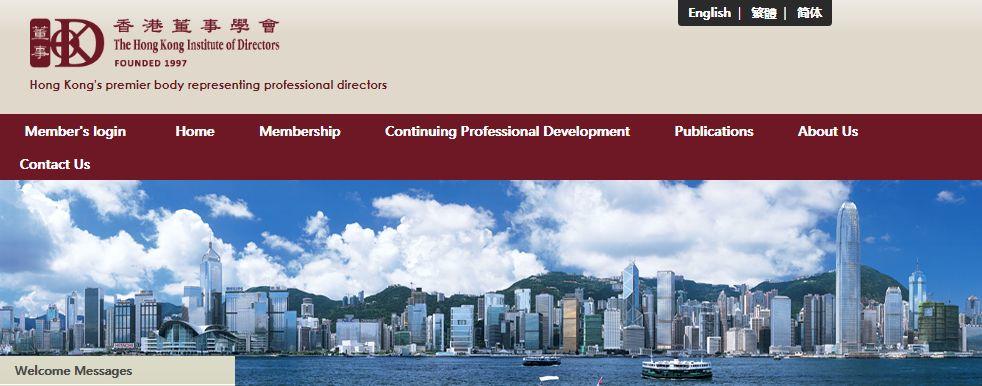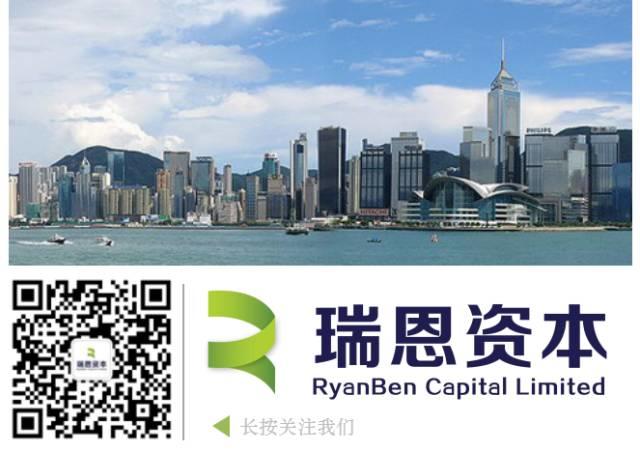
2月4日,香港證監會與港交所發佈一份題為《有關在嚴重新型傳染性病原體呼吸系統病的旅遊限制下如何刊發業績公告》的聯合聲明。
我們給董事一些以下的建議和意見:
鏈接:https://www.hkiod.com/7Feb2020_final.pdf
Results available but for the lack of agreement with the auditor
The Joint Statement by its wording would require issuers to publish preliminary results by the deadline date if such results are available but for the lack of agreement with the auditor.
To publish without agreement with the auditor would mean publishing information when the auditing team has not completed its work. The issuer』s board may have missed or misunderstood the latest changes in accounting standards. The auditor may have a valid challenge to the treatment of certain assets or liabilities. The lack of agreement with auditor could be significant. Directors have reasons to be worried.
Based on our understanding, if the issuer』s board has been diligent and reasonable in their treatment of the accounts and the interpretation of applicable standards, that the auditor may later disagree would not subsequently attract regulator actions unless there is evident fraud or other serious wrongdoing.
Other cases
In all other cases, the Joint Statement would require issuers to consult with the Exchange on what information is available, and to describe uncertainties and state how they may affect the numbers so the SFC and the Exchange can assess whether the information available is 「accurate and complete in all material respects」 and, if so published, would facilitate an informed investment decision.
The nature and scope of the uncertainties that may be present could well be material and will involve much value judgment. The audit process is a means to provide assurance on the validity and credibility of the information eventually published. Without audit, an issuer』s board may steer conservative and, out of liability reasons, become inclined to put out many disclaiming and qualifying statements as to reduce the utility of the information published.
Based on our understanding, the regulators indeed do not want a flood of cautionary statements as to make disclosure not useful. The regulators are more interested in knowing whether the board has put in a good faith effort to understand the issuer』s financial information available, the key audit matters that would more likely involve judgment (and, in normal times, actual discussions with auditor), how the board has come down to the position taken as to these key audit matters and then succinctly inform investors the rationale. Based on our understanding, a good faith effort to have gone through this deliberation process would not subsequently attract regulator actions unless there is evident fraud or other serious wrongdoing.
Ultimate responsibility rests with the whole board
Advice to boards
HKIoD has some advice to board members.
Contact the regulators in case of real difficulty
版權聲明:所有瑞恩資本Ryanben Capital的原創文章,轉載須聯繫授權,並在文首/文末註明來源、作者、微信ID,否則瑞恩資本Ryanben Capital將向其追究法律責任。部分文章推送時未能與原作者或公眾號平台取得聯繫。若涉及版權問題,敬請原作者聯繫我們。
更多香港 IPO上市資訊可供搜索、查閱,敬請瀏覽:www.ryanbencapital.com
港交所、香港證監會就疫情影響上市公司的業績披露發佈聯合聲明,業界認為幫助不大
疫情影響審計工作,香港會計師公會與港交所會面,冀尋求延遲上市公司業績披露時間


